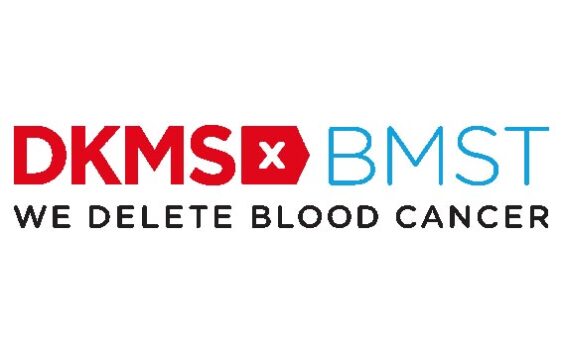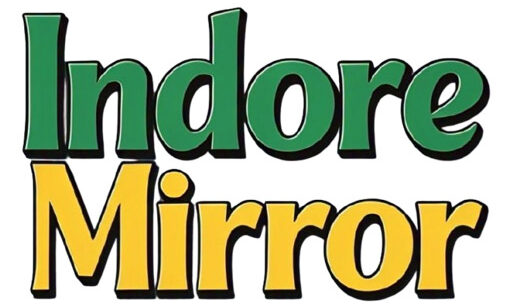DKMS INCREASES ACCESS TO TRANSPLANTATION FOR UNDERPRIVILEGED PATIENTS IN INDIA

To improve the situation for blood cancer patients, the DKMS-BMST Patient Funding programme has been initiated
16th February 2023, : This International Childhood Cancer Awareness Day, DKMS announces DKMS-BMST Patient Funding Programme. With the programme, the organization aims to support financially underprivileged blood cancer and blood disorder patients in India by covering a part of the treatment costs for patients meeting the eligibility criteria. Each case is evaluated against a set of pre-defined socio-economic criteria. In addition, eligible funding request are reviewed by a Medical Advisory Committee consisting of experienced transplant physicians. As an international and multifaceted non-profit organization, DKMS employs a wide range of programmes and services to help patients worldwide.
With an aim to improve the situation for patients in India, the DKMS-BMST Patient Funding Programme and the DKMS-BMST Thalassemia Programme are initiated under the umbrella of the DKMS mission to increase Access to Transplantation for underprivileged patients.
Help, where help is needed
Every year, over 1 lakh people are diagnosed with blood cancer or a blood disorder such as Thalassemia or Aplastic Anemia in India. With over 42 million carriers, the country is also known as the Thalassemia Capital of the world. The most effective treatment for such life-threatening diseases is a blood stem cell transplant, ideally at an early age. Even for those patients who do get access to therapy and appropriate health care, this often results in heavy social and financial burdens on patients and their families.
For Indian patients, particularly from middle and lower middle-class families, the situation is not just dire, but also very challenging. Guidance related to treatment, financial support and planning, are the most critical factors affecting access to transplantation in India.
Success story
The organization has already started enrolling the patients under the DKMS-BMST Patient Funding Programme.
One of the patients who benefitted from the programme, Diganth, a 10-year-old boy from Bengaluru, Karnataka. He was diagnosed with acute lymphoblastic leukemia, a type of blood cancer, in 2017, when he was just 5. Since then, he underwent chemotherapy and other treatments to manage his leukemia. But in the year 2021, his condition further deteriorated and doctors recommended a stem cell transplant as his only chance at survival. Diganth’s family had to struggle a lot to manage the cost of his treatment.
His father, a carpenter said, “The doctors told us that only one thing could save my son, a stem cell transplant, which we could not afford. We had to beg for money from everyone around us. There was no stone left unturned where we didn’t have to spread our hands to ask for money to save our boy. Although, I was matched as a donor for his transplant, we had no means of affording the procedure.”
Diganth was being treated at Narayana Health and his treating physician Dr. Sunil Bhat, Director & Clinical Lead, Pediatric Hematology, Oncology and Blood & Marrow Transplantation, referred his case to DKMS BMST Foundation India. DKMS-BMST considered his case and supported him under the Patient Funding program and he successfully underwent his Haploidentical Bone Marrow transplant in September, 2021. Today Diganth is doing well and studying in 4th standard.
About the programme
Under the DKMS-BMST Patient Funding program, DKMS-BMST closely cooperates with other non-profit organizations and transplant centers by contributing towards the cost of stem cell transplantation for Indian patients who would otherwise not receive adequate treatment. There are a few government schemes set up to help these patients financially, but sometimes they are not enough to cover the complete cost of treatment.
Patrick Paul, CEO, DKMS-BMST says, “We have the goal to improve the situation of Indian patients by supporting them through the DKMS-BMST Patient Funding and Thalassemia programmes. To achieve l, we have created an effective and streamlined programme structure, so we can help as many patients in need as possible. We help these patients by covering a part of the treatment cost, so they can receive the treatment on time. Our collaboration partners have a proven track record of low-cost and high-quality transplantation. Further, patients and their relatives receive assistance in searching for other funding sources to cover the treatment and related costs.”
All funding requests are evaluated by DKMS-BMST against a set of pre-defined socio-economic criteria. Furthermore, a Medical Advisory Committee is formed consisting of experienced transplant physicians. They provide their view on the appropriateness of the suggested treatment plan, and the chances of this treatment leading to a significant improvement in the concerned patients’ survival post treatment. The decision on funding is based on the medical opinion of the Medical Advisory Committee.
With an overwhelming population of over 1.38 billion, and a huge burden of such life-threatening diseases, with these programmes we strive to continue helping as many patients as we can and further support our initiative towards creating a healthier India.


